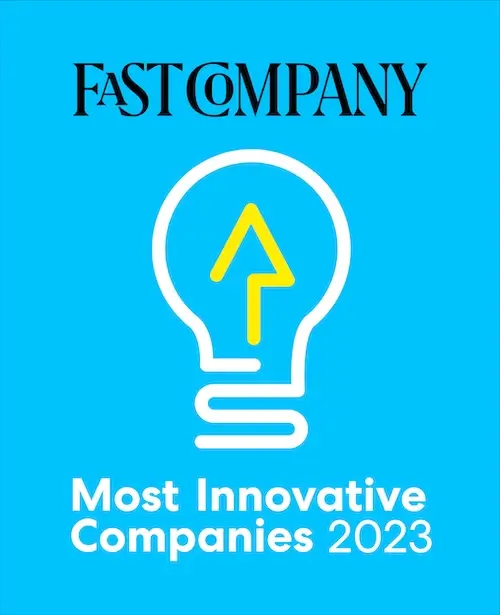This past decade, the drive to digitally transform the work of lawyers — and allied professionals — has considerably increased the adoption and implementation of legal technology, in law departments and companies.
Legal tech now applies to nearly every aspect of legal practice. Legal tech software, in the form of legal management platforms, has a wide range of benefits, from contract management automation to e-discovery. For those who claim that purchasing a piece of legal tech is a luxury — that legal departments can rely on email exchanges and file cabinets — the fact is that legal tech is a must-have, enhancing accuracy, saving time, and, ultimately, helping to improve the bottom line in the legal department and across the business. Accordingly, global spending on digital transformation technologies and services will increase by 17 percent through 2023, according to the International Data Corporation (IDC).
As the people whose function and goal are to improve organizational efficiencies, in-house corporate attorneys are probably in the best position to change the way legal departments work altogether. They can also serve as the best digital champions within their own companies.
Legal Teams’ Lack of Automation and Legal Tech Adoption
By and large, legal professionals have always had a more “linear” way of working. Lawyers’ work has long been paper-based and manual: they have stored legal documents in filing cabinets or used hard drives and SharePoint sites almost exclusively. Not only is this practice unorganized, but it is also extremely inefficient and time-consuming.
Fortunately, though, legal executives and in-house teams have learned just how imperative it is to digitize contracts and related documents, and store them in a central repository that’s accessible from anywhere in the world, at any time. If there’s been anything good that’s come from the COVID-19 pandemic, it’s that having so many white-collar professionals working remotely has proven the value of distributed systems! Also, by automating mundane tasks that we, as lawyers and allied professionals, perform, we’re able to improve our everyday practice of law. We can then complete high-value, strategic work and achieve our full potential as highly educated professionals. Given the number of active agreements that the average Fortune 500 company has at any time — a staggering 20,000 to 40,000 — a manual search can take hours (if not days or weeks!) without appropriate legal tech assistance.
Given how all-encompassing agreements are these days, the next step for legal professionals is to think seriously about deploying platforms that make full use of artificial intelligence (AI), machine learning, and natural language processing (NLP). These systems, in particular, can free up a considerable amount of time, which can then be reinvested in other legal matters.
Look for User-Friendly Software
To begin a legal digital transformation journey and adopt legal tech, lawyers don’t have to be tech-savvy engineers or computer scientists. (Of course, it wouldn’t hurt to be one!) After all, they’re in a perfect position to help make a lawyer’s function more efficient and effective — perhaps more than an engineer or computer scientist who has never practiced law.
But they first need to find reliable legal tech software — with an easy, intuitive user interface — which simplifies the lives of legal professionals. Naturally, there are several ways in which an attorney can take legal tech and turn it into something tangible and beneficial. One way is simply teaming up with those who have the requisite technology skills to adopt and implement a product or service. Another way is going out and doing it independently or taking advantage of third-party products that allow legal and other departments to build their very own.
Embrace Legal Tech Adoption
As stated above, there has been a significant increase in the use of legal tech. According to the “Tech Report 2019,” published by the American Bar Association’s Legal Technology Resource Center, nearly 10 percent of lawyers now use some form of AI-based legal tech (And although we don’t have the numbers yet, anecdotally, this increased throughout 2020 and into 2021). Roughly half of the respondents revealed that they applied legal analytics in the year before ABA’s report. It should come as no surprise, then, that more and more attorneys understand the full impact of AI-based legal tech when it comes to automating contract management processes, for example, and cutting operational time and costs. (They also realize that contracts are the backbone of every transaction — and the ‘lifeblood’ of every company!)
Ultimately, lawyers are the ones who can lead the development, adoption, and implementation of the next great legal product or service. They know what will make their professional lives — and those of their colleagues — much easier. They know what their own everyday issues are — and what needs to be done to resolve them.
To learn more about how general counsels and legal teams can benefit from legal tech adoption and implementation, download a copy of our e-book, “Three Stages of Legal Digital Transformation.”
Author:

Jerry Levine
Connect with us on Linkedin
Further Reading:











